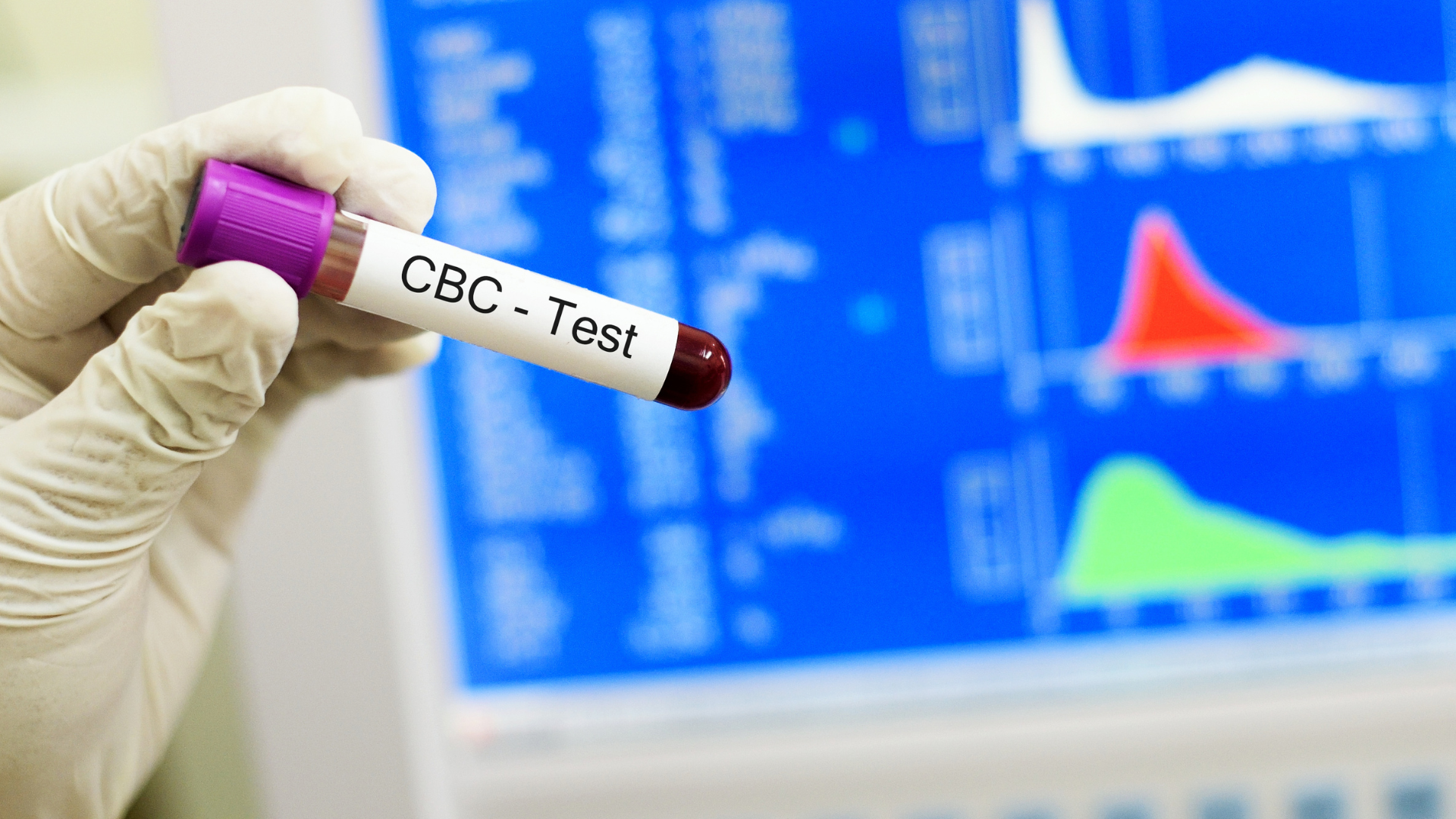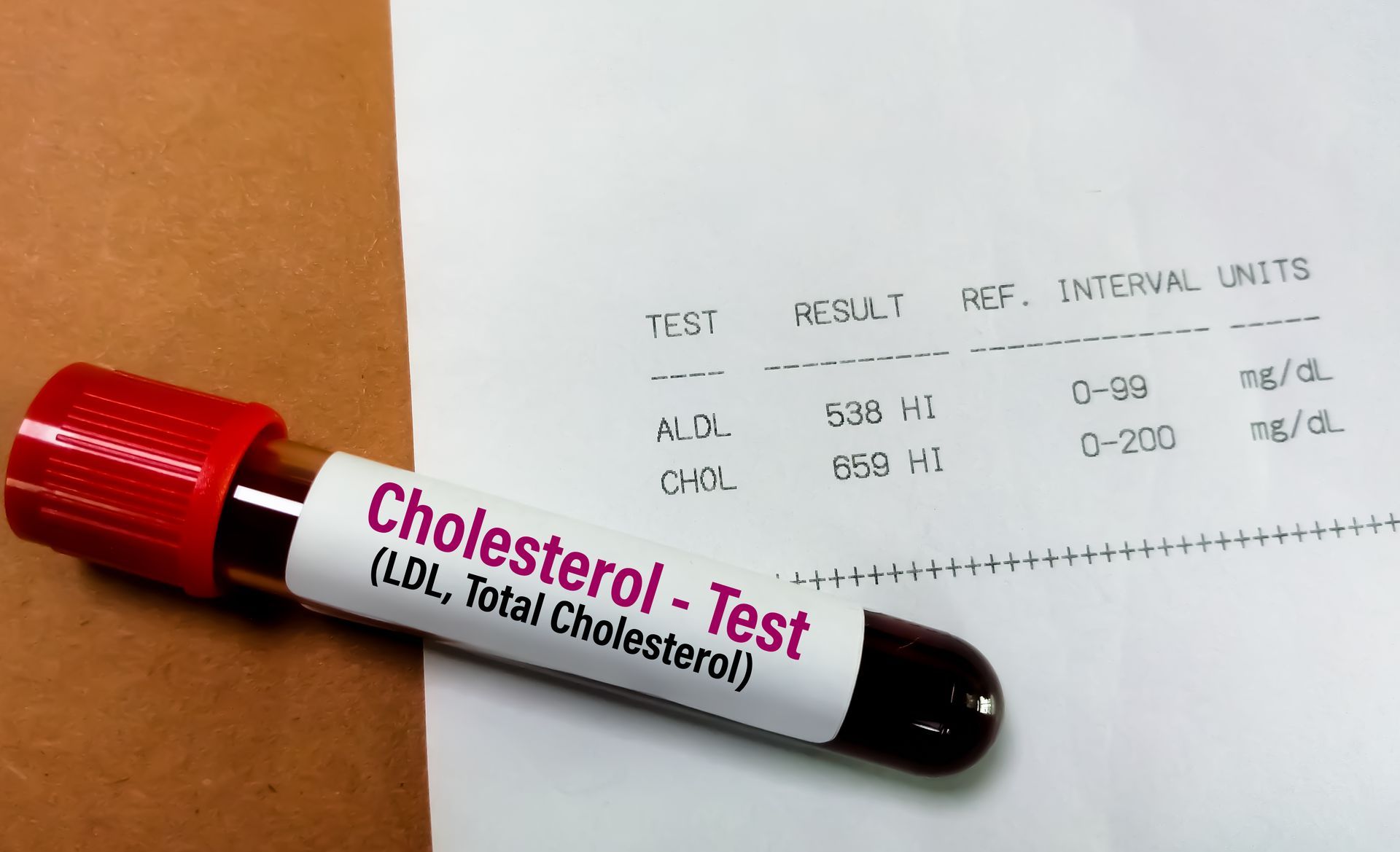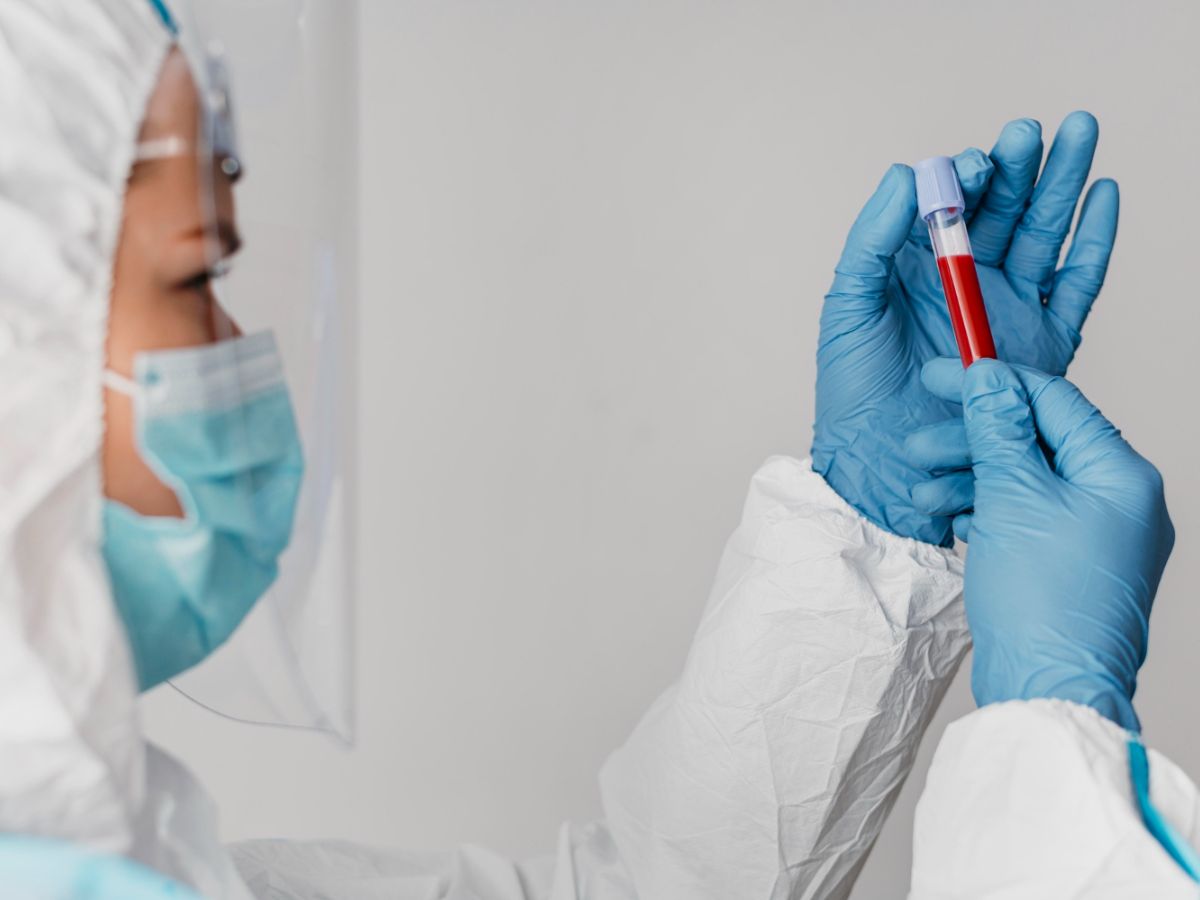Our Location
Elige tu idioma:
Lab Tests for Seniors: A Close Look at Complete Blood Count Tests

As we journey through life, aging is an inevitable and beautiful part of our story. Each wrinkle and silver strand is a testament to the wisdom and experiences we've gathered along the way. However, with the golden years come new challenges and the need for careful health monitoring.
A key tool in ensuring healthy aging is the complete blood count (CBC) test, one of the most common and informative blood tests for seniors.
Let’s take a close look at what CBC is, why it’s so important, and how the lab services of a geriatric-specific clinic such as Ocana Medical Center can significantly impact the health and well-being of senior citizens.
What Is a Complete Blood Count Test?
A complete blood count test is one of the most common types of blood tests. Healthcare providers use it to evaluate overall health and detect a wide range of disorders, including anemia and infections.
A CBC blood work panel measures several components and features of your blood, including:
- Red Blood Cells: They carry oxygen from your lungs to the rest of your body.
- White Blood Cells: They are part of your immune system, which fights infections and diseases.
- Platelets: They are cell fragments that help your blood clot.
- Hemoglobin: They are the iron-rich protein in red blood cells that carries oxygen.
- Hematocrit: This is the volume percentage of red blood cells in your blood.
- Mean Corpuscular Volume: This is the measure of the average size of your red blood cells.
Why Is CBC an Important Blood Test for Seniors?
Because aging increases an individual’s risk of developing blood-related conditions and disorders, monitoring one’s blood counts is crucial. Regular CBC tests are one way to accomplish this because they provide a snapshot of a person's overall health.
A CBC test is a routine blood test for senior citizens because it can detect early signs of such conditions, allowing for timely intervention and management. It also helps track the effectiveness of treatments and medications that seniors might be undergoing.
Understanding Your CBC Results

Interpreting blood test results can provide significant insights into your health, but you need to understand that these results can vary based on individual factors such as age, gender, and overall health condition.
Here’s a table of the normal adult ranges for the CBC test components according to the National Heart, Lung, and Blood Institute:
| Test | Normal Range Results | Implications of Abnormal Results |
|---|---|---|
| Red blood cell | Adult Men: 5 to 6 million cells/mcL; Adult Women: 4 to 5 million cells/mcL | Red blood cell levels that are higher or lower than normal could indicate dehydration, anemia, or bleeding. |
| White blood cell | 4,500 to 10,000 cells/mcL | White blood cell levels that are higher or lower than normal could be a sign of infection, blood cancer, or an immune system disorder. |
| Platelets | 140,000 to 450,000 cells/mcL | Platelet levels that are higher or lower than normal may indicate a clotting or bleeding disorder. |
| Hemoglobin (varies with altitude) | Adult Men: 14 to 17 gm/dL; Adult Women:12 to 15 gm/dL | Hemoglobin levels that are lower than normal may be a sign of anemia, sickle cell disease, or thalassemia. |
| Hematocrit (varies with altitude) | Adult Men: 41% to 50%; Adult Women: 36% to 44% | Hematocrit levels that are too high could indicate dehydration. Low hematocrit levels may be a sign of anemia. |
| Mean corpuscular volume | 0 to 95 femtoliter | Mean corpuscular volume levels that are lower than normal may be a sign of anemia or thalassemia. |
* cells/mcL = cells per microliter; gm/dL = grams per deciliter
While a CBC blood work panel plays an important role in the early detection of potential health issues and the monitoring of treatment effectiveness, it does have limitations:
- False Positives and False Negatives: All tests have the potential of producing false positives and false negatives. In CBC tests, these errors are often due to temporary fluctuations in health or underlying conditions. These produce inaccurate results and will require follow-up tests.
- Further Testing: While findings from a CBC test can help diagnose a variety of conditions, it is not a definitive diagnostic test on its own and cannot confirm a specific illness or disease. Additional tests, such as bone marrow biopsy for leukemia, iron studies for anemia, or cultures for infections, may be necessary to pinpoint the exact cause and provide a comprehensive diagnosis.
It's essential to have your trusted healthcare provider discuss your complete blood count test results with you. They interpret the findings in the context of your overall health, medical history, and any symptoms you may be experiencing. Your provider can explain what your results mean, identify potential issues, and recommend appropriate follow-up actions or treatments.
Tips for Seniors: Preparing for a Complete Blood Count Test
Preparing for a CBC test is straightforward, but a few simple steps can help make it as smooth and stress-free as possible. Understanding what to do before, during, and after the test can ensure a more comfortable experience and give your healthcare provider the most precise information to work with. Here are some helpful tips for seniors to consider:
What to Do Before the Test
- Follow Any Pre-Test Instructions: Although CBC tests usually don't require special preparation, your healthcare provider may have specific instructions, such as fasting or adjusting medication. Be sure to follow these guidelines closely.
- Stay Hydrated: Drink plenty of water before your test. Proper hydration can help with blood flow and make it easier for the technician to draw blood.
What to Expect During the Test
- Simple Procedure: The test involves a quick blood draw, usually from a vein in your arm. A healthcare professional will use a needle to collect a small sample of your blood into a vial.
- Minimal Discomfort: You might feel a brief pinch when the technician inserts the needle, but the procedure is typically quick and well-tolerated.
What to Do After the Test
- Post-Test Care: You may experience slight bruising or tenderness at the site after the blood draw. Applying pressure and keeping the area clean can help.
- Review Results: Be at your follow-up appointment to discuss the blood test results with your provider. They will explain what the results mean in the context of your health and recommend any necessary next steps or treatments.
Stay Ahead of Health Issues with Comprehensive CBC Testing

Taking charge of your health is crucial, especially as you age. Regular CBC tests are vital to monitoring your overall well-being and detecting potential issues early.
At Ocana Medical Clinic, we understand the unique health needs of seniors, and we're committed to providing exceptional care with a personal touch.
Our onsite lab ensures convenience and efficiency, allowing you to get a CBC test in our cozy, state-of-the-art medical offices. Our experienced staff specializes in caring for the senior population and is dedicated to making your visit as comfortable and informative as possible.
Schedule your complete blood count test with us today and discover the difference our expertise and facilities can make in managing your health!
“Respect. Compassion. Quality. Integrity. These are the values on which Ocana Medical Center was built. Our aim isn’t just to treat you today. We hope to earn your trust and be your healthcare provider for life.”
©2023 Ocana Medical Group, Inc.
USEFUL LINKS
GET IN TOUCH
Call Us Today
Send us Email
Our Location
Ocana Medical Center | All Rights Reserved.











